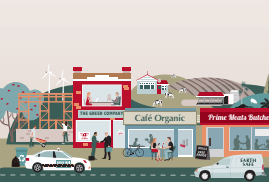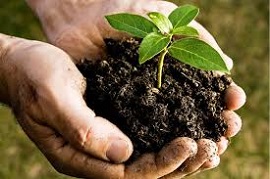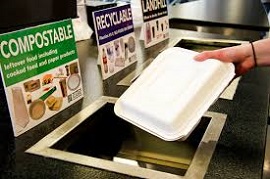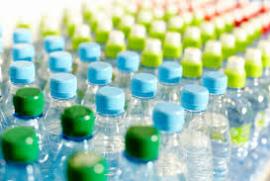Environmental News

The latest Environmental News Stories from New Zealand and the world
Commerce Commission Releases Guidelines On Environmental Claims - July 2020

Plastics NZ is pleased to welcome the launch of the Commerce Commission's new guidelines to help traders understand their obligations when making environmental claims, including how to avoid breaching the Fair Trading Act.
Plastics NZ has been working with the Commerce Commision to ensure that these guidelines are fair and provide accurate information related to plastics claims. Consumers are increasingly considering the environment when buying goods and services and may be prepared to pay a price premium for a good or service that gives the impression that it is beneficial for the environment or has a lesser impact on the environment than an alternative good or service. Examples of environmental claims include statements made about recycling, biodegradability, and the use of recycled content or natural products.
The Environmental Claims Guidelines cover general principles and include examples of cases taken by the Commission in the past. The guidelines remind traders to:
• be truthful
• be accurate
• be specific
• substantiate claims
• use plain language
• not exaggerate
• take care when relying on tests or surveys.
Make sure you are not in breach of these guidelines. Download your copy of the Environmental Claims Guidelines today.
Stop the Greenwashing - Plastics NZ & WasteMINZ Press Release - February 2020

WasteMINZ and Plastics NZ have created the Guide to Advertising the Plastics Used in Compostable Products and Packaging. This was developed in collaboration with scientists, composting specialists and compostable packaging manufacturers. It answers some important questions and helps clear up the confusion for both companies and consumers.
WasteMINZ and Plastics NZ encourage producers and brands to upskill so they can avoid landing in trouble with the Commerce Commission. The guideline can be downloaded here.
A list of the most common bioplastics on the market at the moment and whether they are plant-based or oil-based and whether they can be recycled or composted can be found here
WasteMINZ Truth About Plastics report can be found here
Best Practice Guidelines for the Advertising of Compostable Products
The Guide to Advertising the Plastics Used in Compostable Products and Packaging is the final in a series released over the last year. Included in the series is the infographic below which guides consumers and producers as to the end-of-life destination of their compostable packaging.
Other guides include:
- Quick Guide to Environmental Claims used for compostable products and packaging
- It’s Complicated: A guide to biodegradable & compostable plastic products and packaging.
- Best practice guidelines to the advertising of compostable products and packaging
Where can commercially compostable packaging and serviceware be processed in NZ? - March 2019

Most compostable coffee cups and packaging can only be composted in commercial composting facilities. This is because the compost pile needs to reach a temperature of 55 degrees or higher to break down these items, which almost all home composting systems don’t achieve.
There are eight industrial facilities in New Zealand and three community facilities that currently accept compostable packaging. Compostable packaging is not accepted in council kerbside food waste collections or privately provided greenwaste collection bins. In most cases, a waste company must be used to collect and transport compostable packaging to a composting facility.
See below for a list of these facilities, the compostable packaging they accept, and the waste companies that can be used to deliver packaging to the facility. This list is accurate as of February 2019.
Read the full article Where can commercially compostable packaging and serviceware be processed in New Zealand?
Why anti-plastic zealotry could be harmful to the environment? - January 2019

It’s not that we are using plastic, it’s how we’re using it.
It’s no bad thing that buying or binning plastic is becoming the new smoking or drink-driving, but too much anti-plastic zealotry could be counterproductive. To borrow an alcohol adage, it’s not that we are using plastic, it’s how we’re using it.
Yes, single-use plastic bags have become an environmental menace, plastic packaging is often gratuitous and the reuse of plastic items is urgently to be championed.
But it’s essential to consider the counterfactuals, and to understand the ways in which some usage of plastic has helped and can increasingly help preserve the environment.
Read the full article Why anti-plastic zealotry could be harmful to the environment?
Bio Plastics - Confused? Understandably So

The terms “biopolymer” or “bioplastic” have been applied to a wide range of plastics and have been subjected to a wide range of interpretations. The incorrect use of these terms is causing confusion for manufacturers, brand owners and, most of all, consumers. The terms 'biopolymer' and 'bioplastic' are also being used, incorrectly, to describe biodegradable, or compostable plastics, and this is adding to the confusion.We would like to try and clarify what this terminology means, and explain how these types of materials have come to exist.
Read the full article Bio Plastics - Confused? Understandably So



